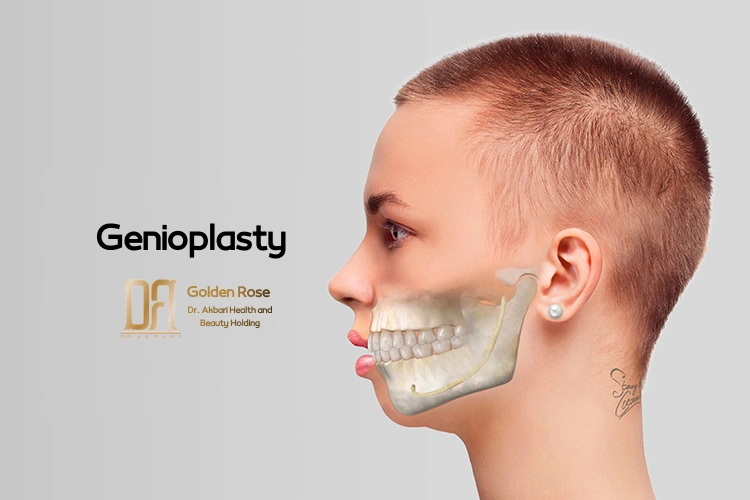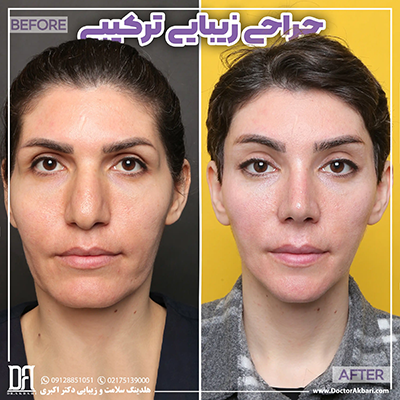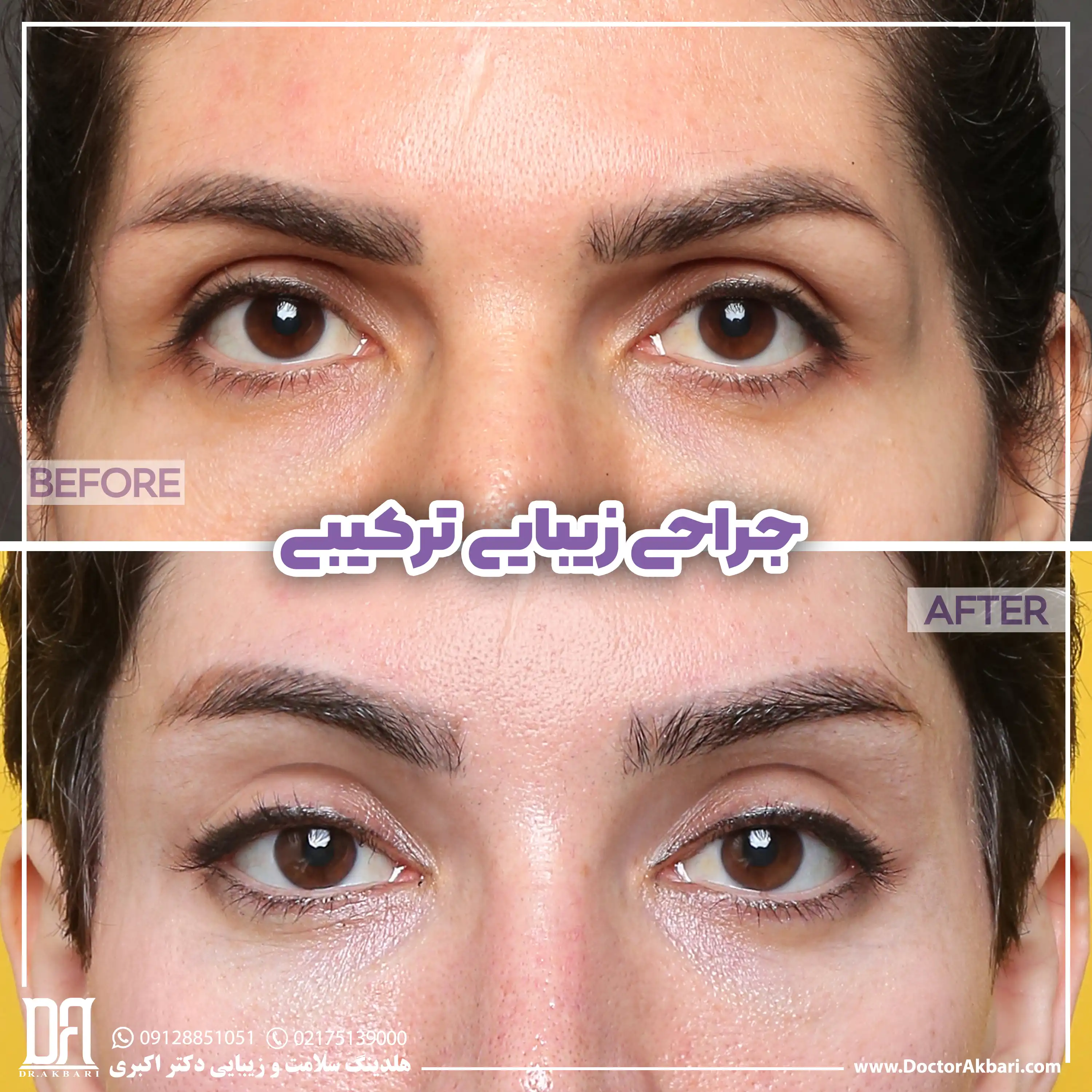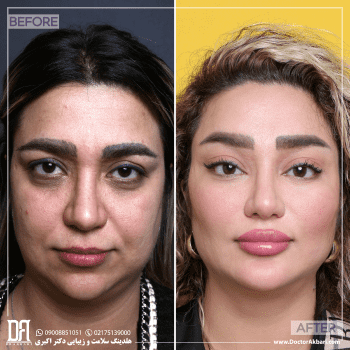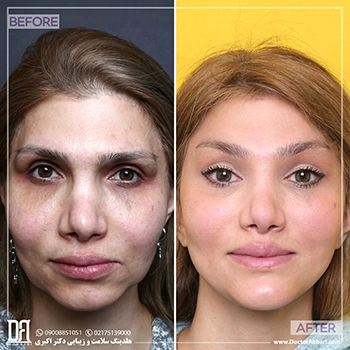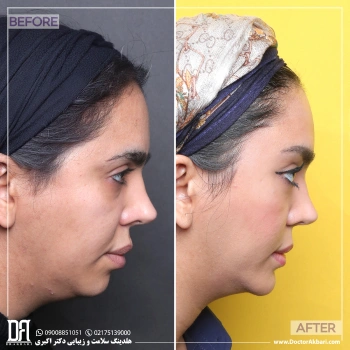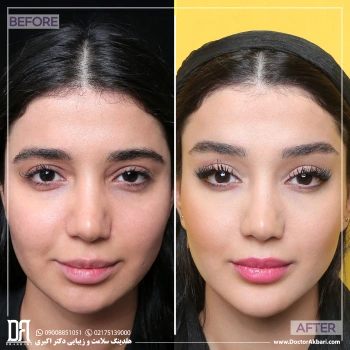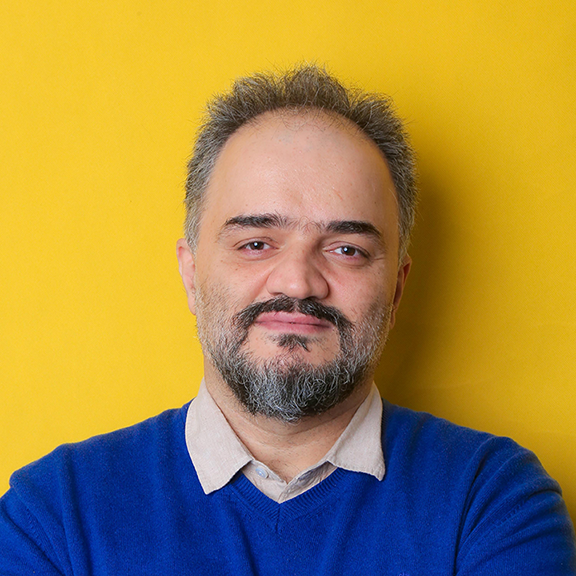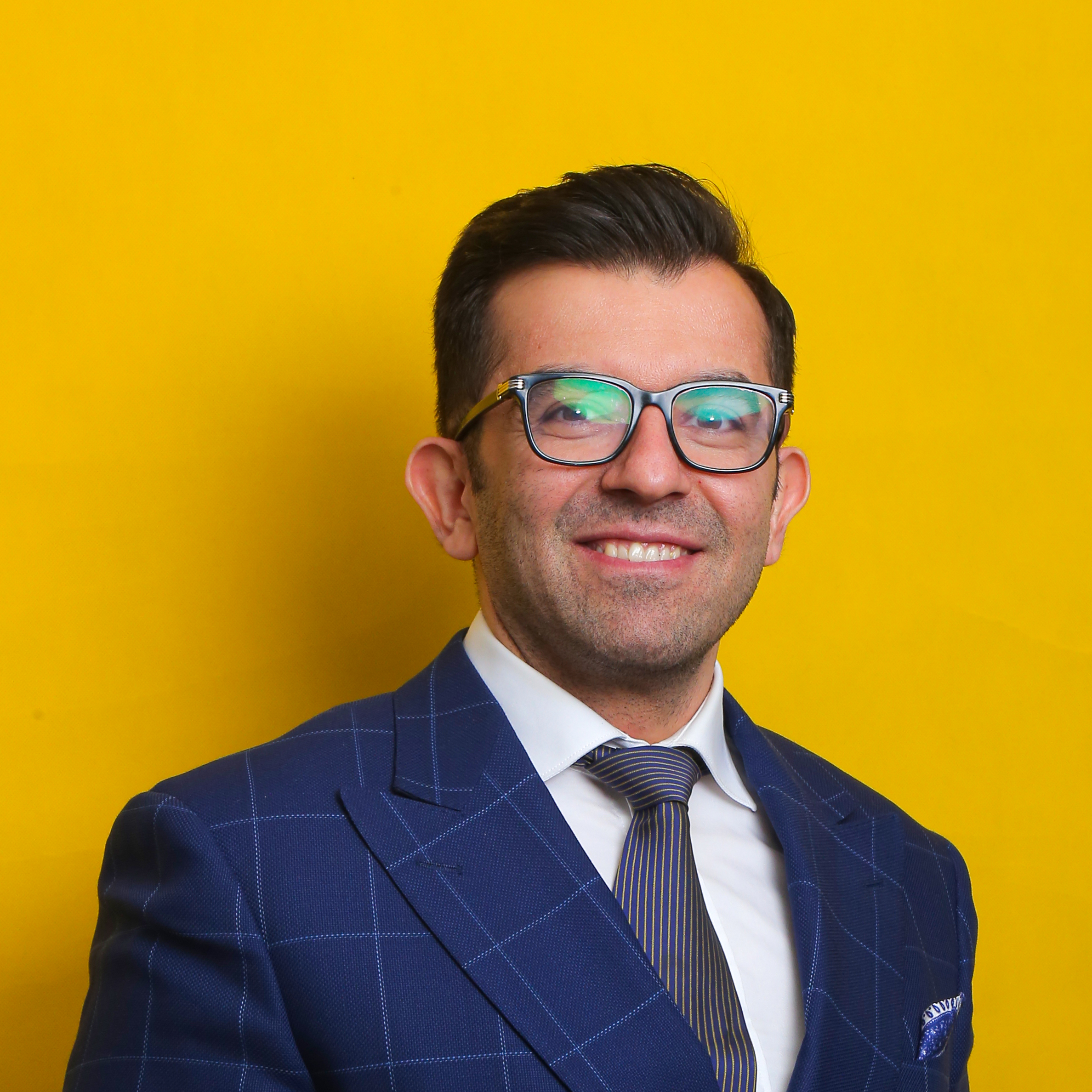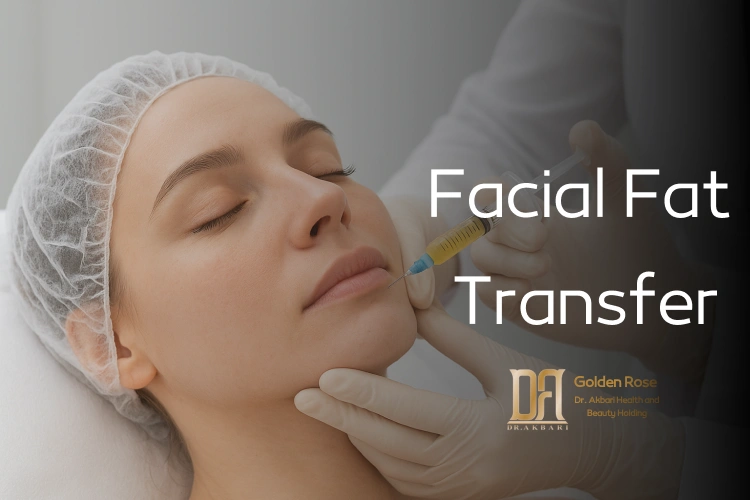What is Genioplasty and How Is It Performed?
Genioplasty, also known as chin surgery, is a specialized cosmetic procedure that reshapes and enhances the contour of the chin to achieve facial balance and aesthetic harmony. This surgery is ideal for individuals with a recessed chin, overly prominent chin, asymmetry, or abnormal chin size.
Whether you are dealing with a small, underdeveloped chin (microgenia) or an overly large chin (macrogenia), genioplasty can dramatically improve your facial profile and symmetry. At our clinics in Iran and Turkey, we perform advanced genioplasty using the latest surgical techniques tailored to each patient’s unique needs.
Conditions Corrected by Genioplasty
Genioplasty is a versatile procedure used to correct a variety of chin-related issues:
-
Receding Chin (Retrogenia): A chin that appears too far back, making the nose seem more prominent. Genioplasty repositions the chin to create a balanced facial profile.
-
Protruding Chin: A chin that sticks out too much can be reshaped and repositioned to match facial proportions.
-
Chin Asymmetry: When the chin is uneven or tilted, genioplasty can create symmetry and balance.
-
Microgenia (Small Chin): For chins that are abnormally small, bone advancement or implants can add volume and projection.
-
Macrogenia (Large Chin): An overly large chin can be reduced and reshaped for a softer, more proportionate appearance.
Types of Genioplasty
Genioplasty can be performed in two primary ways:
1. Sliding Genioplasty (Osseous Genioplasty)
Sliding genioplasty is a bone modification technique, ideal for patients with significant chin recession or protrusion. In this surgical method:
-
A horizontal cut is made inside the mouth at the lower gum line.
-
The surgeon separates the chin bone from the jaw and repositions it forward or backward.
-
The bone is secured in its new position using biocompatible screws or plates.
This method is highly effective for reshaping the chin structure permanently and offers natural, long-lasting results.
2. Chin Implant Surgery
Chin implant surgery is best suited for individuals with mild to moderate chin retrusion. A silicone or other alloplastic implant is inserted to add volume and enhance the chin's projection.
-
An incision is made beneath the chin or inside the mouth.
-
The implant is placed over the chin bone and secured in place.
-
The incision is then closed with sutures.
This method enhances the chin’s appearance but does not alter the bone structure, which is the main distinction from sliding genioplasty.
Genioplasty Procedure Steps
Here’s how sliding genioplasty is typically performed:
-
Anesthesia is administered—either general or local with sedation.
-
An incision is made inside the lower lip.
-
Soft tissues are carefully separated from the chin bone.
-
A small vertical cut is made in the chin bone using surgical instruments.
-
The bone is moved forward or backward depending on the desired correction.
-
If needed, some bone may be shaved or a gap may be created to adjust size.
-
The repositioned bone is fixed with screws and the incision is closed with sutures.
Risks and Complications of Genioplasty
Though generally safe, genioplasty carries potential risks like any surgery:
-
Nerve Damage: Temporary or permanent numbness in the lips, chin, or gums.
-
Asymmetry: Slight unevenness post-surgery may occur.
-
Delayed Healing: Some individuals may need extended recovery time.
-
Revision Surgery: A second procedure may be needed if results aren’t satisfactory.
-
Chronic Pain: Some may experience lasting discomfort in the chin.
-
Infection: Poor hygiene post-surgery can lead to infection.
To minimize risks, it’s crucial to choose an experienced specialist—like those in our expert team in Iran and Turkey.
Chin Implant Surgery Without Incisions (Fat Transfer)
For those seeking a non-surgical option, fat grafting using the patient’s own fat is an alternative. This approach subtly enhances the chin without synthetic implants or bone cuts.
Longevity of Genioplasty and Chin Implants
-
Sliding genioplasty results are permanent since the procedure alters the bone structure.
-
Chin implants are long-lasting but may require replacement if displaced or damaged.
Implant durability depends on material quality and the surgeon’s expertise.
Genioplasty Care Instructions
Proper post-op care is vital for a smooth recovery. Patients are advised to:
-
Stick to soft foods for 2 weeks.
-
Use antiseptic mouthwash after every meal.
-
Avoid strenuous activity for at least 10 days.
-
Remove dressings on the 4th day (with surgeon's approval).
-
Take antibiotics for two days post-surgery.
Contact your surgeon immediately if you experience:
-
Fever over 38°C
-
Persistent swelling, redness, or bruising
-
Yellow/green discharge from the incision site
-
Foul odor or uncontrolled bleeding
Genioplasty vs. Chin Implants – Which Is Better?
This is a common question. Here's a comparison to guide your decision:
-
Chin Implant: Ideal for minor to moderate chin recession. Less invasive.
-
Genioplasty: Best for severe cases—recessed or protruding chins and bone asymmetry. It provides permanent results by modifying the actual bone structure.
If your chin protrudes significantly or the retrusion is severe, chin implants may not be suitable, and sliding genioplasty will likely be recommended.
Best Genioplasty Surgeons in Tehran
Dr. Saman Tahmasebi and Dr. Mehdi Ahmadi are two of the most experienced genioplasty surgeons in Tehran, with over 20 years of experience. Their expertise in facial aesthetics has earned the trust of thousands of satisfied patients.
Genioplasty and Chin Implant Costs
The cost of genioplasty or chin implants depends on the technique used and the complexity of your case. A consultation with one of our board-certified specialists in Iran or Turkey will help determine:
-
The best procedure for your condition
-
The type of material or method required
-
The total cost involved
Visit our reservation page to book a consultation with the experts at Dr. Akbari’s Health & Beauty Group.


 فارسی
فارسی
